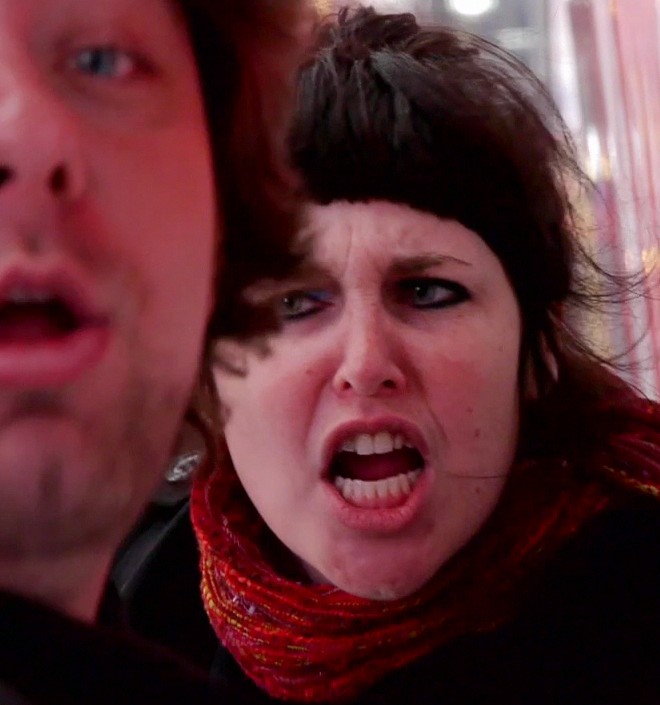What's my line again?
Oops!
Missed cues are theatrical mistakes: A phone that doesn’t ring, an actor who forgets to make an entrance, a lighting change that just doesn’t happen. A “cue” is the trigger for an action to be carried out at a specific time, and knowing what is supposed to happen at each cue—including the correct response to every line of dialogue—is one of the hallmarks of professional theatre.
However, despite the best efforts of performers, stage managers, and technicians, missed cues occur from time to time. Though they can be a nightmare for the production crew, the occasional blooper is part of the excitement of live theatre.
Imagine what would you do if you were acting in a play’s climactic scene which is supposed to end with a hilarious laugh line—yours—followed immediately by a blackout. Only, during one ill-fated performance, the lights fail to go off and you are left stranded center stage. Then what? Or picture yourself in a different scene. Your next line is, “I’ll get it!”—but the doorbell doesn’t ring. Or you throw open the door and discover that the actor playing your long-lost Aunt Myrtle isn’t standing behind it. What would you do? (One suggestion: See our definition of “ad lib”—coming soon!)
Sometimes, missed cues are the stuff of comedy, especially if they are deliberate. Michael Frayn’s well-known farce Noises Off makes much hilarity out of a series of missed cues and other bungles, leaving the audience in hysterics.
Usually though, missed cues are cringe-worthy gaffes. It’s a testament to the skill of the performers and backstage crew when they react with quick thinking to cover a flub, so that the audience doesn’t even know something went wrong.
— Ben Pesner
This video was made by Theatre Development Fund.
Here’s the team:
Theatre Development Fund is the nation’s largest not-for-profit service organization for the performing arts. Through a variety of programs and services that promote education, access and conversation, it ensures an enduring appreciation of and engagement with live theatre. In addition to operating the TKTS booth in Duffy Square and the satellite booths at South Street Seaport and in downtown Brooklyn, TDF’s theatre education, accessibility, affordable ticketing and audience development programs help to make the unique experience of theatre available to diverse audiences while supporting New York’s theatre industry. Since it was founded in 1968, TDF has provided over 80 million people with access to performances at affordable prices while returning over $2 billion in revenue to thousands of productions.
